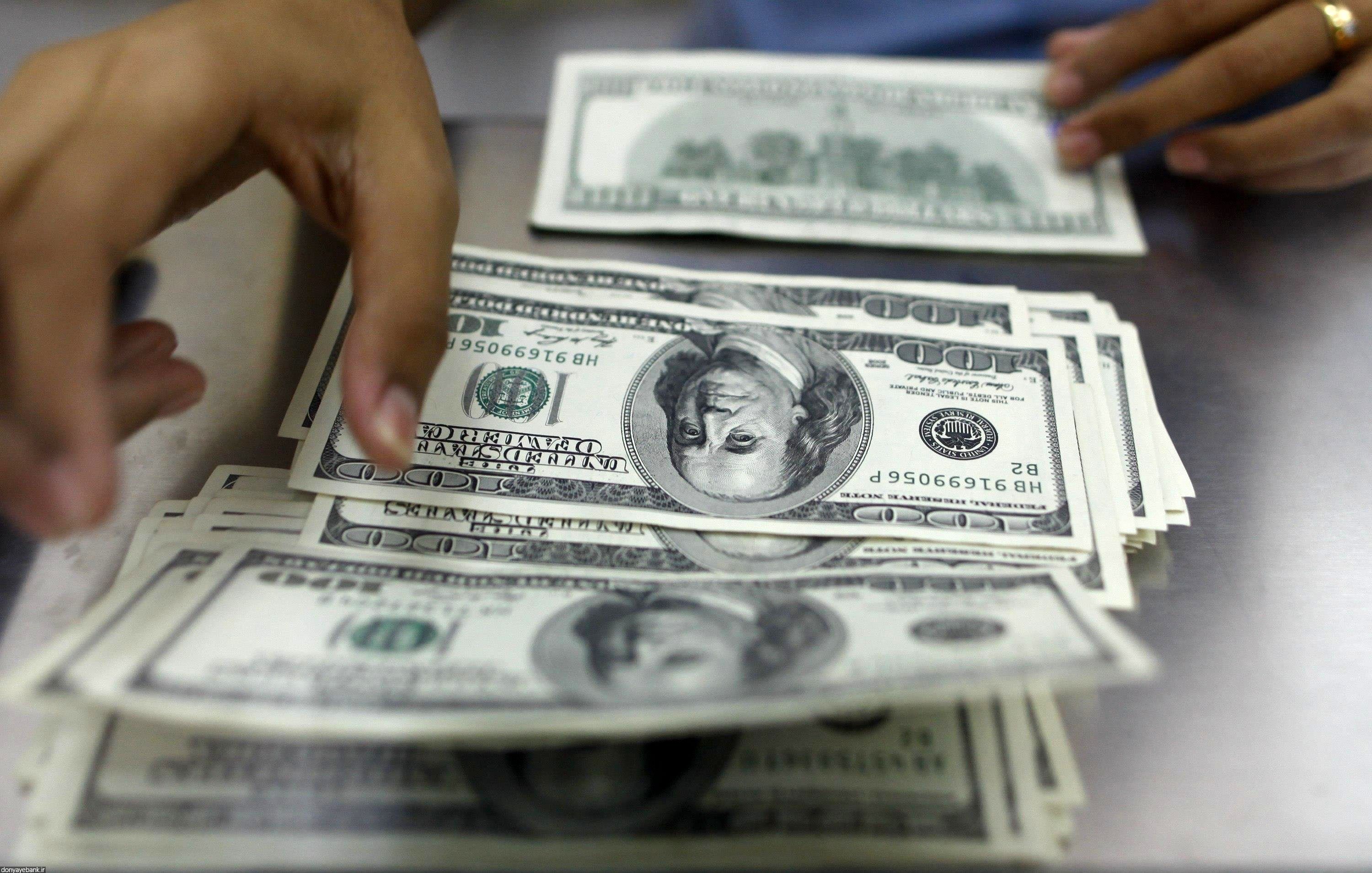Taxing Bank Deposits Will Have Implications

EghtesadOnline: In need of new sources of revenue to compensate for the budget deficit emanating from steep declines in oil exports and reduce the ballooning liquidity, the idea of taxing bank deposits has come to the fore again, raising the possibility that the government may introduce the scheme in the 2020-21 fiscal budget.
The issue was taken up previously by the Majlis Research Center, the influential parliamentary think tank, which was reportedly in favor.
Although levying tax on bank deposit interest is a common in many countries, there are fears that the measure may give rise to the galloping inflation by pushing depositors to withdraw their money from banks and move to other safer markets.
Kamran Nadri, a bank expert, says the issue needs to be viewed on the bigger scale in order to avoid new bouts of turmoil and chaos, according to Financial Tribune.
“The interest on bank deposits is currently much lower than the inflation rate of 42%. In short, the returns on money parked in banks are negative. Therefore, if tax is added on the deposits, the negative returns will get bigger,” he was quoted as saying by Khabaronline website.
Such policy, if enacted, could usher two short and long-term consequences in the present economic conditions.
In the short-term, depositors will rush to parallel markets, and this means that there will be less money in banks. Deposits will take the form of other assets instead. If the past is anything to go by, the new target markets will be gold, foreign exchange and the bourse.
On the long-term effects, Nadri said the plan will gradually force changes in bank policy simply because money will be kept in banks for shorter periods.
As a consequence, the policy may put central bank in a position that it will need money, which in turn would give rise to liquidity and inflate prices.
“All said, I believe the plan will have an inflationary effect,” he warned.
According to a Central Bank of Iran report, liquidity in Iran was 197.99 trillion rials ($176.7 billion) in the third calendar month to June 21, indicating a 25.1% growth compared to the corresponding month last year and 5.2% rise compared with the last month of previous fiscal year (ended March 19).
Asked about the possible outcome if the government enforces the plan in tandem with developing tax bases in other sectors, Nadri said if increasing tax bases is accompanied by lower taxes for different sectors, the economy could benefit.
“There is a principle… if tax bases are extended and the tax rates are lowered it is the economy that benefits. To ensure the success of a tax policy, the best thing is to enforce the package in its entirety,” he emphasized.
This would be practical now that the government has acknowledged the need for (more) taxes, he added.
MRC Stance
The MRC earlier proposed that the government impose 25% tax on deposits of legal entities with banks.
It was forecast that the plan would help generate 100 trillion rials for the government during the current fiscal year.
Assuming that the average amount of deposits with banks reaches a total of 20,000 trillion rials ($175 billion) in the current fiscal year, and that only 40% of deposits belonged to legal entities with average 15% interest be kept in banks, MRC said levying 25% tax would produce 300 trillion rials ($2.6 billion) for the treasury.
Anticipating depositors’ unwillingness to keep their money in banks after the plan is enforced, the think tank said the total amount would, at the worst, reduce to a third (100 trillion rials).
During the calendar month to June 22, total deposits with banks and credit institutions reached 21,765 trillion rials ($184 billion), indicating a 26.6% rise year-on-year.
The MRC says there is a small number of countries in the world that does not tax depositors.
Among the G20 member states, only Saudi Arabia doesn’t charge depositors tax on income tax.
A report by the Ministry of Economy, reviewing 84 countries, shows that only three countries have exempted legal entities from such taxes and 14 others have done so for natural entities.


